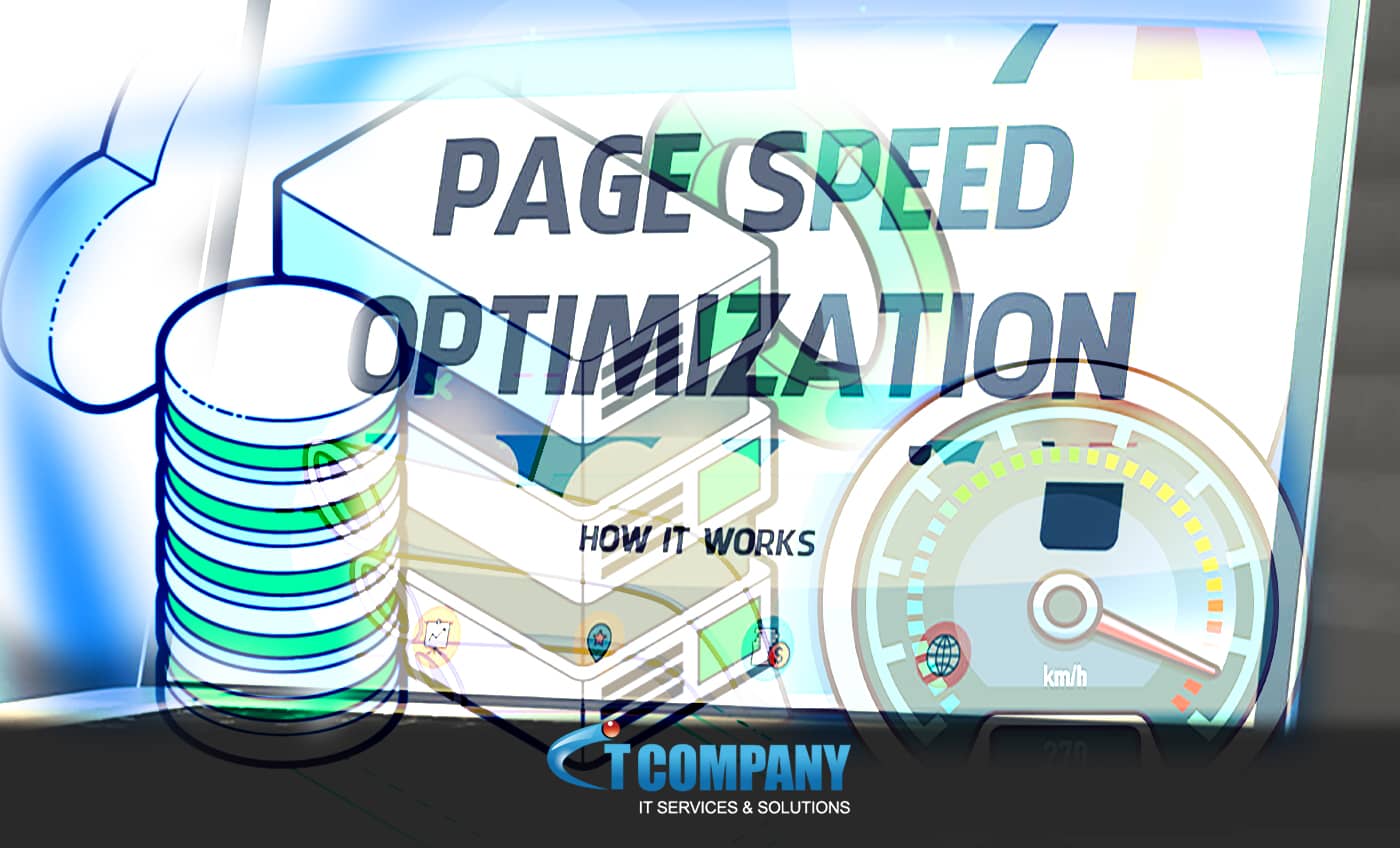
Table of Contents
ToggleHave you ever considered how your website’s page speed might have a significant impact on your business? Users’ expectations have increased as technology and speed have advanced. According to surveys, the majority of users will not visit a site if it does not load quickly. As a result, it is critical for your company that your website loads quickly. This not only gives your visitors a good user experience but also encourages them to interact with your content. This will eventually help you improve conversions from your audience.
User Experience and Behaviour Surveys
Numerous research on page load speed reveals that slow website speed reduces user experience, resulting in financial losses. Take a peek at the case study compilation below.
According to surveys, 47% of customers wait no more than 2 seconds for a web page to load. They move on to another website if the webpage does not load within 3 seconds.
According to AOL statistics, page load time has a 50% influence on page views per visit.
According to another survey, 79% of online customers who had website performance difficulties are less inclined to return and buy again, and 44% would tell a friend about their bad user experience.
Website page speed affects online store sales
By reducing the website loading time from 7 seconds to 2 seconds, an eCommerce website increased visitors by 25% and produced 7 to 12% more income.
According to research, a page delay of 1 second may cost an e-commerce business producing $100,000 per day and $2.5 million in missed sales per year.
Website Page Speed as a Ranking Factor in Search Engines
When it comes to search engine optimisation, we generally think of employing the proper keywords in content and establishing backlinks to the website, but we sometimes ignore other essential elements such as website page speed. Website page speed is vital – not only for site owners but for all Internet users. Furthermore, faster websites create happier users because visitors spend less time on slow sites.
In support of this claim, Google Analytics now includes data tools such as Page Load Time, Lookup, and Page Size. Also, this allows webmasters to analyse and optimise the page load times of their websites. While websites with faster load speeds may not always rank higher in search engine results, they will have a clear edge over slower ones.
Best Practises for Increasing Website Page Speed
When there are multiple competing websites vying for the same visitors, page load speed is critical. Moreover, if your website does not load quickly, your visitors are more likely to navigate to your competitor’s website in a couple of seconds.
So, once the page load time has been calculated, there is no reason not to enhance it. Here are some actions you may take to speed up your website.
Use a Content Delivery Network (CDN)
Using a CDN service is one of the most common techniques to reduce website load time. A CDN distributes your website’s data to a geographically dispersed network of computers known as POPs (Points of Presence).
CDN provides website resources from the visitor’s closest geographical location. Furthermore, it allows your visitors to view your website more quickly. This will also free up bandwidth on your primary hosting subscription. Because your online files are distributed across numerous servers, CDN reduces the demand on any single server.
Use Expires headers to take advantage of browser caching
Expires headers is a code snippet defined in the.htaccess file. It instructs browsers to request a certain page from the server or to obtain a cached version of a page. Moreover, users can reuse cached web page files saved in the browser, reducing the retrieval time. It also minimises the number of queries made to load the web page, reducing page load time. Please keep in mind that Expires headers will only operate if your visitors already have a cached version of your web page. This implies they must have visited your website at least once before.
Repair any broken links to improve Website Page Speed
Broken links deter readers from visiting other pages of your website and may cause them to depart fast. When people spend less time on your website, search engine algorithms presume it lacks quality material or information. This also reduces the average number of pages visited per person and has a detrimental influence on search engine results. You may use free tools like Google Webmaster Tools and Screaming Frog SEO Spider to find broken links.
In HTTP headers, specify picture size and character set
When a visitor sees a web page, the browser prepares the whole layout of the page. This also includes how your content will be wrapped around pictures.

When you supply the picture size, the browser avoids this time-consuming operation, which helps to speed things up. To reduce browser overhead in setting your website’s character set, you should specify a character set in HTTP response headers.
Image Optimisation
Oversized photographs usually take longer to load, so make sure your images are as compact as possible. Before submitting any images to your website, be sure you optimise them. If you’re using graphics software to optimise your photographs, use the “Save for Web” option. This reduces the size of the photos and hence the website load time. WordPress users may compress photos automatically by using the WP Smush.it plugin.
Reduce the number of 301 redirects
301 redirects are preferred for repairing broken links. If your website has an excessive number of 301 redirects, the browser may take longer to reach the desired URL. 301 Redirects generate additional HTTP requests, increasing page load time even more, thus keeping them to a minimum.
Make use of GZIP compression
Enquire with your web hosting provider if GZIP compression and deflation have been enabled on their systems. You may enable it on your own if you use vps cloud server hosting. These strategies minimise file size without sacrificing picture or video quality, resulting in faster website load times.
Turn on browser caching
When people first visit your website, they must download the HTML content, stylesheets, javascript files, and graphics before they can view your page. When browser caching is enabled, the same user does not have to reload each element of the web page.
These plugins reduce page load speeds by caching the most recent version of your website. Thus, eliminating the need for browsers to dynamically produce the same page each time.
CSS should be at the top, and JS should be at the bottom
Before rendering the rest of your page, the browser will render the CSS file. As a result, place your CSS at the top of your page. Put Javascript at the bottom, because anything below the Javascript will be prevented from displaying and downloading until the Javascript is loaded.
How much does VPS hosting improve website page speed time?
Choosing the proper sort of Web Hosting may drastically enhance page load speeds. Consider upgrading to a vps cloud server if your website is hosted on a shared hosting account. VPS hosting includes dedicated RAM, vCPU, and bandwidth allotment, so your website will have its own set of resources. Furthermore, VPS users may fine-tune the VPS as needed to improve website load speed.
When switching from shared to VPS web hosting, the website load speed significantly improves. For resource-intensive and high-traffic websites, VPS hosting options are always superior to shared hosting.
Looking for vps server cloud? Visit now!





